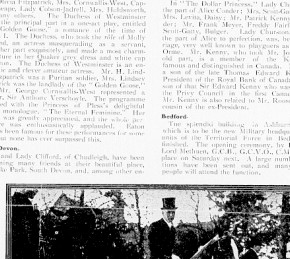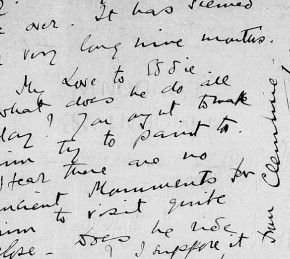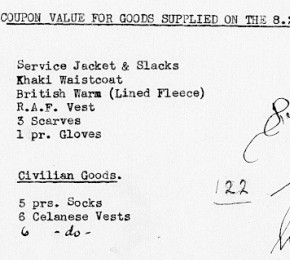



johndoe@gmail.com
Are you sure you want to reset the form?
Your mail has been sent successfully
Are you sure you want to remove the alert?
Your session is about to expire! You will be logged out in
Do you wish to stay logged in?
Events in Europe throughout the twentieth century compelled Churchill to retain a strong focus on the Continent during his political career. This extended from the early twentieth century when Churchill fought to reinvigorate Britain’s Navy as a reaction to the rising threat in Germany, to his integral role in the Second World War where he took swift and decisive action to combat Hitler’s armies which were sweeping across Europe.
Nonetheless, it was in the wake of this war that Churchill delivered what were perhaps his most heartfelt and focused speeches on Europe, first in Zurich and later in The Hague. It is these speeches that reveal Churchill’s admiration for and understanding of Europe, and his belief that the only way to rebuild and recover after the devastation of war was through unity and a common purpose.

Despite being a relatively young minister in the early 1900s, Churchill was already acutely aware of developments taking place in Europe. The German Navy had recently undergone a rapid expansion; they were aiming to build a fleet which could rival Britain’s which was regarded at the time as the largest in the world. Determined to maintain naval supremacy over Germany, Churchill was made First Lord of the Admiralty in 1911 where he poured resources and energy into the Navy, preparing for the possibility of future conflict. These preparatory measures proved to be perceptive and necessary, and ensured that Britain’s Navy was ready for the outbreak of war in 1914.
Go to Document
Four years after the catastrophic events of the First World War, Churchill found himself out of Parliament after losing his seat in the 1922 General Election. It was during this decade that he began to spend increasingly frequent periods of time in Europe where he dedicated much of his time to writing. Throughout the 1930s, Churchill continued to explore the Continent; staying at friends’ chateaus and spending long stretches of time painting and writing in the wonderful light and relaxed atmosphere of the French Riviera.
Go to Document
Even during his ‘wilderness’ years, Churchill did not take his focus off the developments in Europe. Despite Prime Minister Neville Chamberlain’s favourable approach to the appeasement of Nazi Germany, Churchill was opposed to this tactic and campaigned strongly against it. When Germany shattered the illusory peace and invaded Poland in 1939, the lack of confidence in Chamberlain became widespread and his resignation resulted in Churchill being appointed Prime Minister on 10 May 1940. This was the same day that Hitler invaded Belgium, Holland and Luxembourg. Churchill’s military prowess and determination rallied Britain behind him, and ultimately led to victory against the Germans.
Churchill was also instrumental in establishing ‘The Big Three’ during this period which comprised of Russia, the USA and the UK. Their first meeting at the Tehran Conference took place in 1943, and acted to coordinate their military strategy against Germany. These summit meetings have had a lasting impact on international diplomacy and foreign affairs.
Go to the document
In the aftermath of the Second World War, Churchill made repeated appeals for greater European integration. On 19 September 1946 he delivered a speech to the University of Zurich entitled ‘The Tragedy of Europe’.
Commenting on the devastating effects of the war, Churchill argued that the only way to regain peace, safety and life’s simple joys was to ‘re-create the European Family’; to build a ‘kind of United States of Europe’. He called for Europe to look to the future, and even for France and Germany to take the lead and create a partnership. As he stated,
‘The salvation of the common people of every race and of every land from war or servitude must be established on solid foundations and must be guarded by the readiness of all men and women to die together rather than submit to tyranny.’
Go to the document
Churchill revisited the theme of European unity again just two years later when he addressed the Congress of Europe at The Hague. This praised the response of many European countries to his calls for greater integration and support for one another in his Zurich speech, and emphasised the importance of continued progress:
‘No-one can suppose that Europe can be united on any party or sectional basis, or that any one nation can assert an overweening predominance. It must be all for all.’
Go to the document
In his later years Churchill was drawn back to the beautiful light of the south of France, and often retired here for months at a time. In 1957 he spent as much time as possible in this area and stayed for a month at La Pausa where he painted almost every day.
Whether combating foreign forces that threatened Europe, calling for countries to reunite and rebuild, or enjoying time spent on the Continent for leisure, Churchill had an integrated relationship with Europe throughout his life.
Go to the document